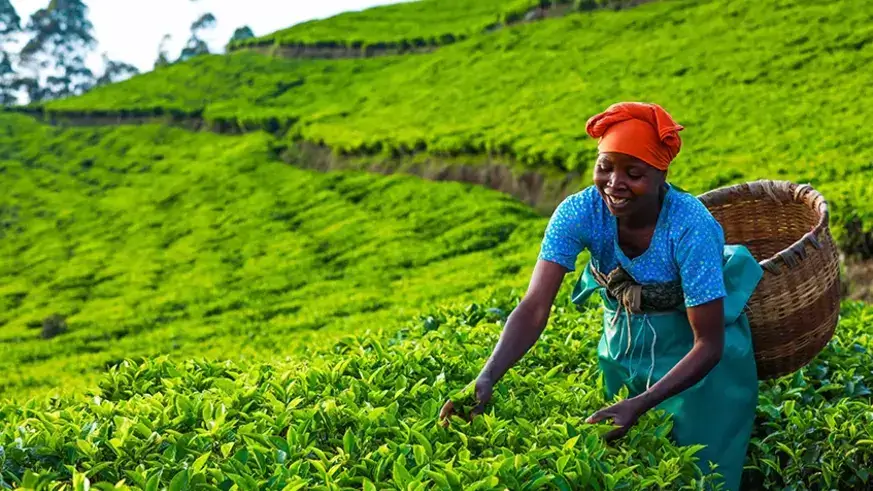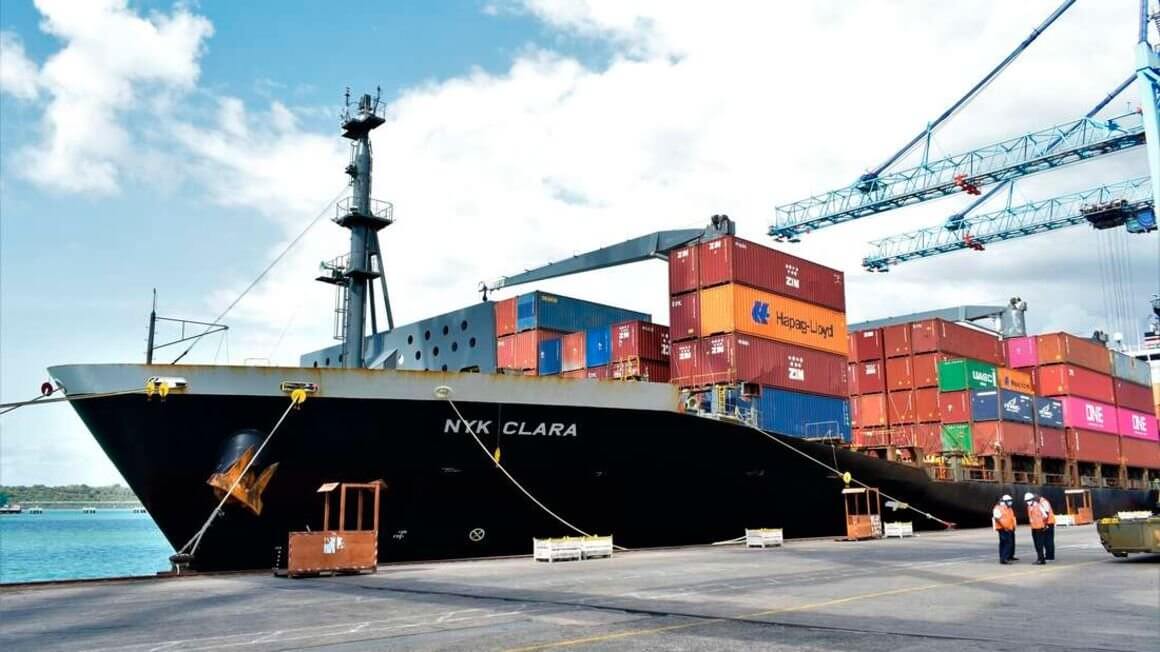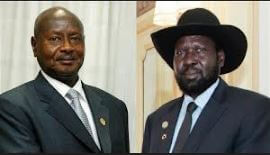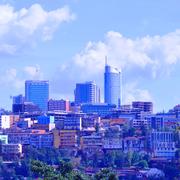ZAMBIA and DRC have agreed among other things to engage all relevant border agencies and commence extension of operating hours from 06:00 hours to 22:00 hours. Currently, the border operating hours have been from 06:00 hours to 18:00 hours. The agreement follows a ministerial bilateral trade meeting that took place at Kasumbalesa Border Post on September 29. Commerce minister Chipoka Mulenga signed on behalf of Zambia while his counterpart, external trade minister Jean Lucien Bussa Tongba, represented the Democratic Republic of Congo. The other agreements were that DRC should expedite the ratification of the bilateral trade agreement that was signed in Lusaka on August 6, 2015. It was also agreed that the two respective ministries of trade and the designated focal points responsible for coordinating the memorandum of understanding should enhance utilisation of the MoU by exchanging information on traders of products covered by the memorandum. And in a joint communiqué, it was agreed that Zambia would expedite the process of demolition of structures along the border on the Zambian side and provide an update on the progress made after three months. Further, it was agreed that the customs administration and security agencies of the two countries continue collaborating in the fight against smuggling at Kasumbalesa Border post. It was also agreed that the technical working group from the two countries commence meetings in December this year to work on the establishment and implementation the Simplified Trade Regime (STR) at Kasumbalesa. “The DRC government to give feedback on progress made...
Zambia, DRC extend Kasumbalesa business hours to 22:00 hours
Posted on: October 4, 2021
Posted on: October 4, 2021























